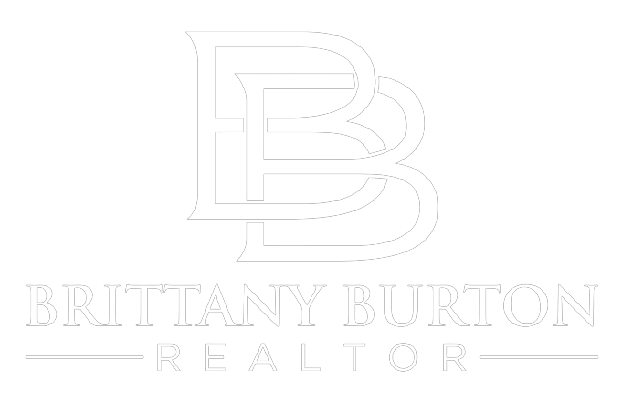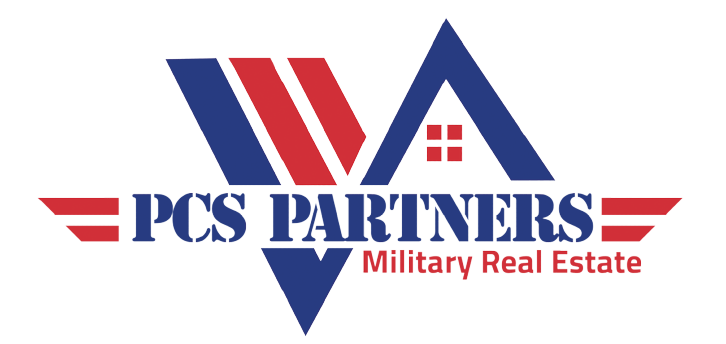Real estate investors want to avoid unnecessary taxation, and while there are many clever ways to lower your effective tax rate, it can be difficult to simultaneously achieve strong asset protection. That’s because accountants and attorneys each have knowledge gaps that prevent them from seeing the full picture, according to Riley Nielsen, real estate investment manager and company founder. Flying ‘n’ Group, Their business brings together attorneys and CPAs to help their clients achieve the delicate balance between minimum taxation and maximum asset protection.
Liability lawsuits against businesses are increasing in number and severity from year to year, with businesses now spending an average $1.2 million To combat litigation every year. Mom-and-pop real estate businesses are not immune, even those that do everything by the book, work to minimize risk and never cause intentional harm.
Before committing to a tax strategy, it’s important to consider how a lawsuit could affect your business and take precautionary measures to ensure that your portfolio won’t be swiftly seized in the event of an accident. “The overall goal is to not own your properties and only control them. You want to make it so that the paperwork for your properties doesn’t reach you,” Nielsen says.
Can Real Estate Investors Avoid Lawsuits?
With the right asset protection strategy, it is possible to prevent most lawsuits – more on that later. But you can’t avoid lawsuits just by doing the right thing. Nielsen says, “It’s a misconception that the only people who find themselves in lawsuits are … those who have wronged other people, and that’s not true at all.” If there is money to be made from your business, victims of accidents can sue for negligence – and not just to cover their losses.
There are many reasons why the digital age is conducive to an increasingly litigious culture. One is that personal injury lawyers are advertising directly to consumers, and their efforts have become even more sophisticated with the advent of targeted advertising. Nielsen says marketing messaging often portrays personal injury lawsuits as “get rich quick” schemes. Aggregator businesses that sell plaintiff information to law firms also play a role, accounting for a large portion of advertising spending in 2021. estimated $971.6 million Spending on television advertising on legal services in 2021 increased by 11% over the previous year.
Another factor is that people are becoming increasingly aware of the courts awarding plaintiffs high settlements and are expecting similar results in their own cases, a concept known as “devolution”.social inflation.This is causing claimants to file lawsuits more frequently and seek larger awards. Even if a claimant has a frivolous case, there is little to stop them from hiring a contingency-based lawyer. This is because most states follow it american rules, where the loser is not responsible for paying the legal fees of the winner. The abuse of the justice system by some lawyers further fuels the claimants’ expectation of high payouts.
Abuse of Justice System and Exclusion of Insurance Policy
Nielsen explains that if personal injury attorneys learn that defendants have significant assets, they may use tactics to artificially inflate damages. “Some of these personal injury attorneys will direct their clients to go to medical clinics that do lien-based treatment,” he says.
While there may be valid reasons to seek out-of-network care, some advocates refer their clients to contingency-based healthcare providers who charge 25 times the rate of in-network interactions for the same treatment for the same purpose. able to pay more bills. To get paid big, according to Nielsen. A 2018 appellate court case Provides an example for nefarious tactics tolerated in California.
This is also affecting insurance companies, says Nielsen. “Insurance companies are catching on, and they are either having to raise their premiums or, worse, reduce their coverage.” Decreased coverage often takes the form of policy exclusions that can take policyholders by surprise.
Nielsen says real estate investors should ask insurance agents to review exclusions in everyday language. It is helpful to understand the gaps in policy, and it may be possible to fill them. “Many times if you want coverage in a specific area and you ask for it, it won’t increase your premiums by much,” he says.
One exclusion real estate investors should be aware of is that standard homeowner insurance policies will not cover you if your insurance company detects “systematic rental activity,” so if you intend to rent out your property You must have a homeowner’s policy. You should also be aware that your business policy will not protect against personal liabilities and vice versa. Other common exclusions in landlord policies include:
- dog bites
- mold or covid related illness claim
- existing damage
How the Right Business Structure Can Protect You
If your focus is only on minimizing taxes, your business may be especially vulnerable to litigation, Nielsen says. “S-Corps, for example, are often used, but since the owner can only own S-Corp shares in his or her personal name, they provide very little asset protection, and in many cases, the owner would have been better off simply keeping the assets in their individual names. Depending on your situation, the tax savings potential offered by an S-corp may not be worth it. DrawbacksAnd an S-Corp election can be difficult to undo later.
On the other hand, the right strategy can prevent lawsuits altogether. “We don’t want our clients to win lawsuits because they’re well defended. We want them to be so well defended that the lawsuit didn’t get to them in the first place,” Nielsen says, noting that the Caribbean Placing your assets in an offshore LLC on the island of Nevis is a strategy that prevents someone from using contingency-based attorneys in a lawsuit against you. Strong asset protection aims to protect the value of your assets for the costs of a lawsuit. to be more than
Of course, there are individual factors that will determine the best strategy for you, including the state you live in. It would potentially be smart to do so in a state like New Jersey, which has poor asset protection laws,” says Nielsen. “However, if you live in Florida, which has an unlimited homestead exemption for your primary residence, and you set it up as an LLC. If you put it in, you lose that protection completely.”
How to stop the courts from piercing the corporate veil
Even if you structure your business as a corporation that provides limited liability, directors or shareholders may be held personally liable if a court identifies misconduct. This would mean that your personal assets would be fair game in a judgment against you. Most people know not to mix their business and personal money, but there’s a lot more you have to do to avoid the courts. piercing the corporate veil,
According to Nielsen, “observing corporate formalities such as holding an annual board of directors meeting and keeping a record of that meeting can also help legitimize your business in the eyes of a court.” It doesn’t need to be particularly formal—you and a family member can have a meeting and take note of what’s discussed. But you want to make sure you’re not using your business as a sidekick.
Many holding companies for real estate investors are undercapitalized and do not have an operating agreement, and this can be problematic. “The asset protection laws for that setup are very weak in almost every state. And that’s because the LLC is designed to be run actively. It’s not considered for passive income,” Nielsen says. “So you have to change the way you run your business so that it is in line with the wishes of the court.”
ground level
Nielsen has some general advice for real estate businesses: Don’t do business with the same LLC that owns your assets to avoid mixing your assets with your liabilities. And while you shouldn’t let potential lawsuits scare you into putting your assets in a trust that is taxed at 37%, you should talk to an attorney to make sure your assets are protected rather than relying on tax guidance from your CPA. Is. Nielsen notes that it will cost you a fraction of your asset’s value to protect your assets, and it’s well worth the cost to avoid losing everything you’ve worked to acquire.
Dreaded Tax Season?
Not sure how to maximize deductions for your real estate business? In Book on Tax Strategy for the Savvy Real Estate InvestorCPAs Amanda Hahn and Matthew McFarland share the practical information you need not only to do your taxes this year—but also to create a sustainable strategy that will make your next tax season much easier.
Note by BiggerPockets: These are the views expressed by the author and do not necessarily represent the views of BigPockets.





